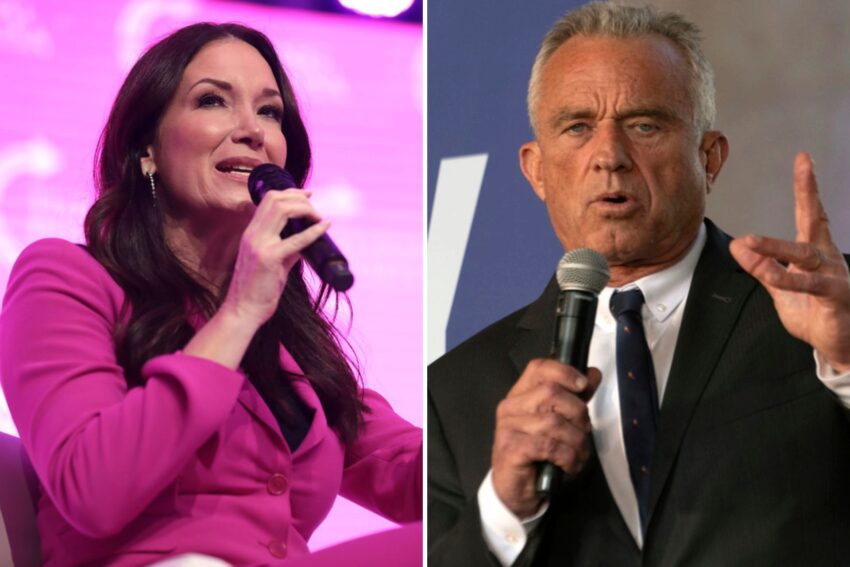Policies are shaped by the interplay of various departments in the complex world of American government. The nominations of Brooke Rollins for USDA Secretary and Robert F. Kennedy Jr. for HHS Secretary under President-elect Donald Trump’s administration present a clash of visions that could significantly influence the nation’s approach to food, agriculture, and health policy.
The U.S. Department of Agriculture (USDA), established in 1862, oversees policies affecting everything from farm subsidies to food safety, school nutrition programs, and international trade in agricultural products. Under Brooke Rollins, who has been described as having “no direct agricultural policy experience,” but is well-versed in conservative policy through her leadership at the America First Policy Institute, the USDA might lean towards traditional farming practices and support for agribusiness.
Rollins’s approach seems to be about ensuring that American agriculture remains competitive and self-sufficient, potentially emphasizing less regulation and more market-driven solutions. Her nomination might be seen as a pushback against more radical changes in agricultural practice, focusing instead on stability and support for the farming community:
“Brooke Rollins, who has no direct agricultural policy experience, is expected to focus on supporting traditional farming practices and ensuring food self-sufficiency,” according to the Wall Street Journal
Conversely, the Department of Health and Human Services (HHS) is tasked with protecting health, including overseeing the FDA, CDC, and NIH. RFK Jr., known for his skepticism towards conventional health practices and his advocacy for alternative health solutions, brings a different agenda to HHS. His focus, as per the WSJ, includes a significant overhaul of dietary guidelines and a push against ultra-processed foods, aiming to combat chronic diseases through dietary changes:
“RFK Jr.’s vision includes gutting ultra-processed foods from school lunches and overhauling dietary guidelines to promote healthier eating habits,” the Wall Street Journal reports.
However, the influence of HHS on agricultural practices is indirect, relying on their ability to shape public health policy and influence USDA through recommendations or joint initiatives like the Dietary Guidelines for Americans.
The heads of these departments wield considerable power in determining policy within their respective domains. For the USDA, the secretary directly influences agricultural policy, from how food is grown to how it’s sold and consumed. For HHS, the secretary’s role is more about setting health standards, funding research, and pushing for public health initiatives that might not have the regulatory teeth in agriculture but can still steer consumer behavior and industry practices through policy recommendations.
This dynamic sets the stage for potential friction between Rollins and RFK Jr.:
Regulation vs. Reform: Rollins might advocate for fewer regulations to boost farming efficiency, while RFK Jr. could push for stricter health-based regulations on food production, potentially clashing over issues like pesticide use or genetic modification.
Subsidies and Support: How subsidies are managed, which crops are promoted, and how research funding is allocated could be areas where their visions diverge significantly.
Dietary Guidelines: Both agencies collaborate on the Dietary Guidelines for Americans, where health-focused policies from HHS could meet the agricultural realities managed by USDA.
The interplay between these two visions could lead to a fascinating dance of policy-making where health objectives meet agricultural realities. RFK Jr.’s drive to change eating habits might face resistance from Rollins’s focus on maintaining agricultural productivity and tradition. The outcome will depend on how both navigate their roles, the influence they exert, and the political climate of the time.
This scenario underscores the intricate relationship between food production and public health in America, where policy decisions in one domain inevitably ripple across to the other. As these leaders take their respective posts, all eyes will be on how they balance their visions to serve not just the health of the nation but also its heartland.


